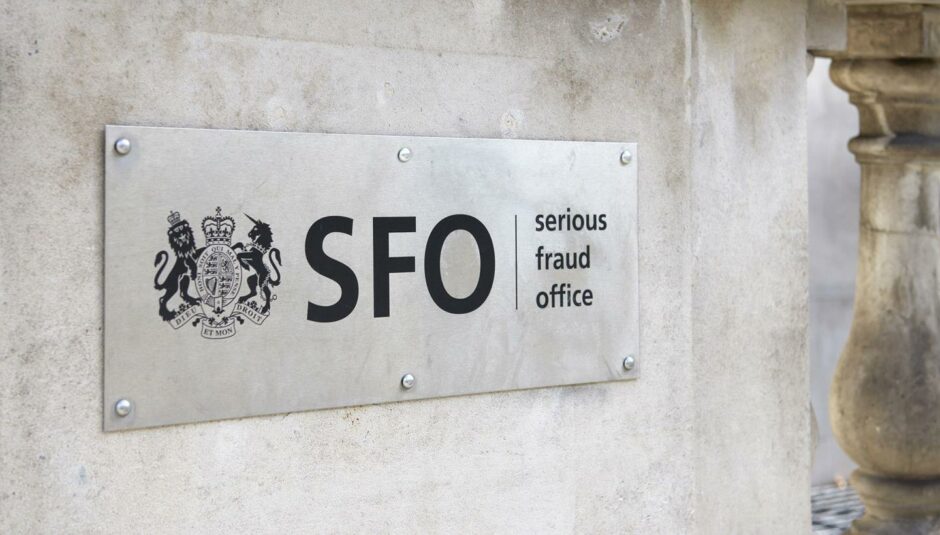
A London ruling that heavily criticised the behavior of the country’s top fraud cops capped a tough year for the Serious Fraud Office (SFO) that saw prosecutions crumble and a conviction quashed.
The decision, which overturned a long-fought for guilty verdict in the Unaoil investigation, lambasted the agency for its inappropriate relations with a US fixer that triggered a review into its conduct from the UK’s most senior lawyer and led to calls for the agency’s head to resign.
The SFO’s recent track record makes for difficult reading. A fraud trial against ex-Serco Group Plc collapsed, it faced accusations of deliberately destroying evidence in a civil lawsuit brought by a firm it’s investigating, and it dropped its probe of individuals just months after securing a settlement with John Wood Group Plc.
Before that, a trio of ex-Barclays Plc bankers were acquitted of fraud charges after just six hours of jury deliberation and a fraud case against former Tesco Plc executives was thrown out by a judge.
The SFO declined to comment for the story.
“There’s been a litany of disasters over the past few years,” Joanna Dimmock, a partner at Paul Hastings who represented the Unaoil executive, said.
“I don’t think it needs to be the end of the SFO, but I do think it needs root-and-branch reform because I can’t see how there can be any confidence in the current system,” she said.
Deals Struck
The SFO has had some success by securing guilty pleas from Petrofac Ltd and a unit of Airbus SE as well as a string of settlements known as deferred prosecution agreements. But it’s led some to question whether the agency under the leadership of ex-FBI lawyer Lisa Osofsky is more focused on garnering money-making deals rather than putting white-collar criminals behind bars.
“From the point of view of doing deals with companies and bringing in revenue they’re having a great couple of years, but if you’re judging them on being able to successfully prosecute individuals and companies of the most serious fraud and bribery then I’m afraid it’s a very poor record,” said Ross Dixon, a lawyer at Hickman and Rose.
The SFO is still essential to tackling complex financial crime but some lawyers argue that it needs new leadership and more experienced UK criminal practitioners at the helm.
“There is a question as to whether there’s enough objectivity with decision making,” said Dixon. “It does seem to be a failing in the current model that everybody just gets too close to the case without there being a truly independent, critical voice asking if they’ve got it right.”
The SFO declined to comment beyond their previous statements. In relation to the Unaoil ruling, it said it’s cooperating with the UK Attorney General’s review. It’s previously said that deferred prosecution agreements are a “vital tool” to ensuring “offending companies are held to account and binds them to a strict regime of corporate responsibility.”
“We’re not seeing the level of ambition and aggressive prosecution that you get from agencies like the US Department of Justice and that is making everyone doubt it,” said Susan Hawley, director at Spotlight on Corruption, a UK transparency group.